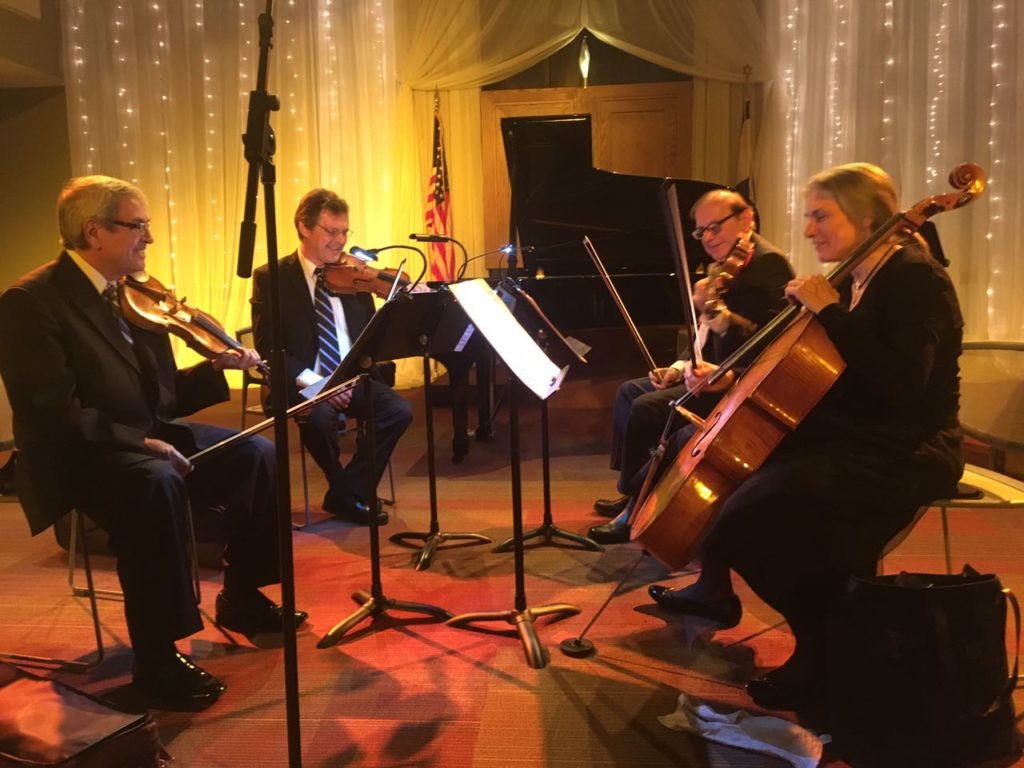The Composer’s Ear (TCE) – Charles Ives
Monday, October 22nd, 2018
The Composer’s Ear: Online postings devoted to music, musicians, music theory/composition, and selected musical topics of interest reflecting a composer’s perspective.
TCE 001:
Charles Ives (1874-1954)
Early 20th Century American composer whose often highly dissonant music displays a panoply of “advanced” techniques including tone clusters, quarter tones, polytonality, polyrhythms, etc. Often Ives creates “soundscapes” of selected people, places, events, during the post-civil war era and early 20th century in America—historical “Americana” in musical form, often with a lively sense of humor. The dissonance is not so much strident or angry, but more an attempt to portray the outside world “as it is” expressive of the natural, inadvertent conflicts of daily life. Ives also innovated using multiple musical “layers” each moving at different tempi simultaneously. For instance, in the The Unanswered Question there are three distinct layers:
A) Full string ensemble: forms a “base” layer of diatonic “church” chords representing a “heavenly” choir over which there is a “call and response” between the solo trumpet and upper woodwinds.
B) Solo Trumpet: “Calls out” the same 5-tone atonal chant 7 times representing “the question”.
C) High Woodwinds: “Respond” to the call 6 times, first softly, then increasingly loud/dissonant ending with “frustration” at the trumpet’s unaltered, insistent phrase.
Most importantly, though, Ives regularly incorporates American popular songs, patriotic songs, marches, hymns, spirituals, etc. as a basis of his style. Often, these melodies and tunes are used as subjects of a unique kind of musical “commentary” reflecting a philosophical view influenced by Emerson, Thoreau, and his bandmaster father, George Ives.
Selected works include: The Unanswered Question, 3 Places in New England, Symphony No.2, and Concord Sonata (Piano Sonata No.2).












